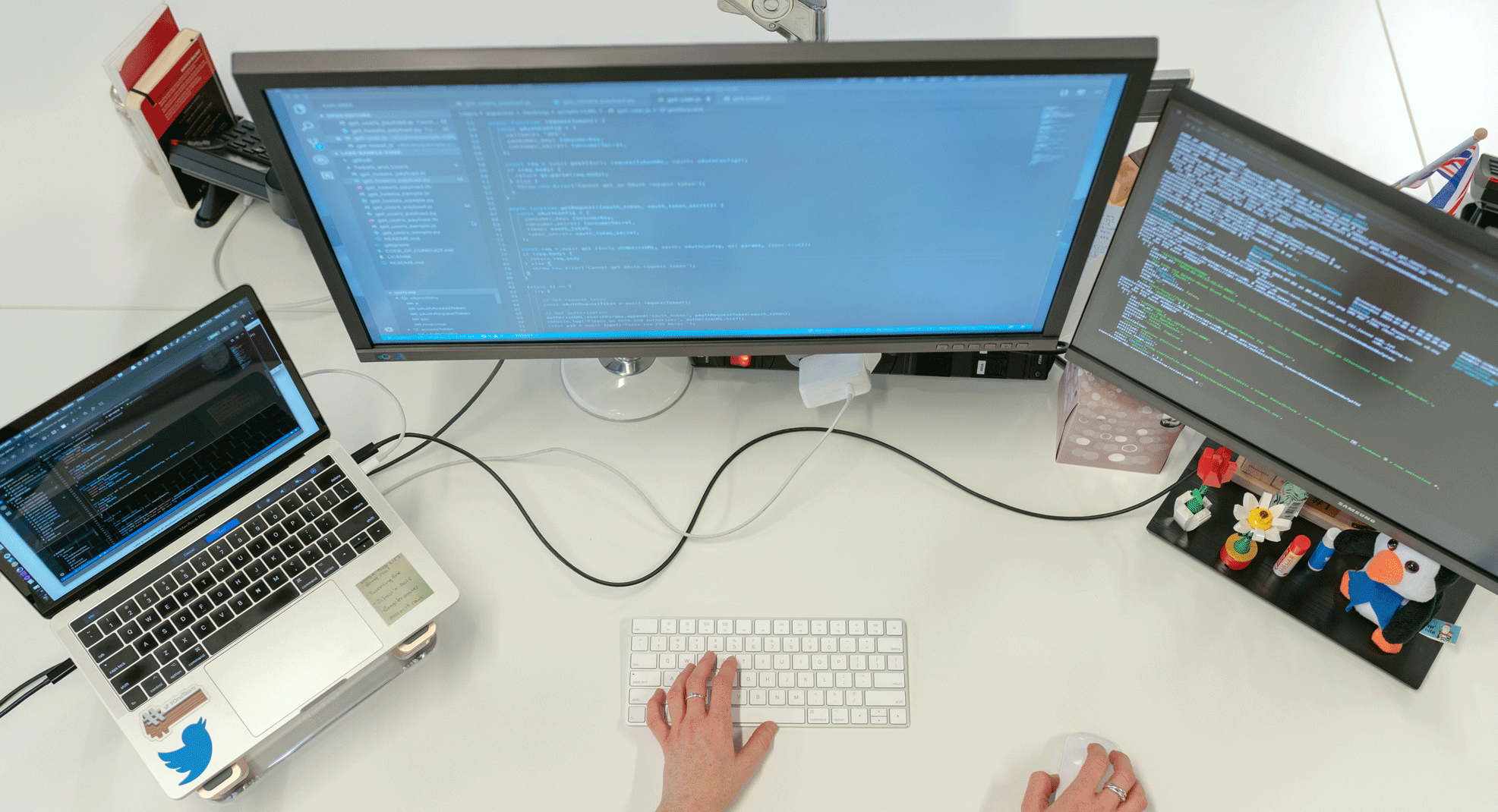In the ever-evolving landscape of technology, one term has been making waves in recent years – Blockchain. A February 2023 survey conducted by EY revealed that 38% of US workers believe that blockchain technology is already widely used within their businesses, with an additional 44% expecting widespread adoption within the next three years. But what exactly is blockchain, and how is it revolutionizing various industries? Let’s delve into this transformative technology.
Decoding Blockchain: A Trustworthy Ledger
Blockchain is more than just a buzzword; it’s a revolutionary concept. At its core, it’s a tamper-proof, sequential ledger based on cryptographic principles. Its mission? To instill trust in the timeliness, accuracy, security, and speed of transactions.
How Blockchain Works
Blockchain arranges its entries sequentially. Each entry consists of encrypted data, combined with the encryption of the preceding entry. This ensures a high level of security and time-stamping. Data is typically encrypted using hash codes, and value is stored as digital tokens.
The Perks of Blockchain
Why is blockchain gaining traction so rapidly? Let’s explore some of its key benefits:
1. Immutability: Blockchain cannot be altered or reversed, guaranteeing the integrity of data. This means that participants can trust the information they receive.
2. Enhanced Security: The confidential nature of blockchain safeguards users from identity theft, making it attractive to consumers and businesses alike.
3. Real-Time Transactions: Unlike traditional bank transfers, blockchain allows transactions 24/7, 365 days a year, reducing the inconvenience of business hours and cutoff times.
4. Cost Efficiency: Blockchain significantly reduces costs, especially for high-value, high-volume transactions, where fees can add up.
Industries Embracing Blockchain
The applications of blockchain extend across various sectors, offering innovative solutions and transforming the way businesses operate. Let’s take a closer look at some of them:
Financial Services and Blockchain
Blockchain increases settlement speed to real-time, eliminating exchange rate risk for cross-currency transactions. It simplifies operations, such as tracing bank guarantees and letters of credit across parties and executing smart contracts, making reporting faster and automating compliance. Additionally, blockchain powers cryptocurrencies, resulting in cheaper and faster transactions.
Retail’s Use of Blockchain
Retailers are using blockchain for NFTs, digital assets that engage tech-savvy customers. It certifies the authenticity of luxury resale products and ensures transparent transfer of ownership.
Blockchain in Marketing and Advertising
Blockchain enhances the security and transparency of customer data sharing, reducing fraud and trust-related issues in digital ad buying.
Healthcare’s Adoption of Blockchain
Blockchain offers numerous applications in healthcare, improving payment processing, electronic medical records, provider directories, and data security and exchange.
What Executives Need to Know
Blockchain is the cornerstone of the next internet revolution, Web3. Companies like JPMorgan Chase, IBM, and Google are actively exploring its potential. However, its technical complexity and initial investment pose challenges for many organizations.
Blockchain and Web3: A Symbiotic Relationship
Web3 is the next iteration of the internet, built on decentralized blockchain networks. It empowers users with greater control over their personal data. However, Web3 access requires crypto wallet usage, blurring the lines between each space. In 2023, Insider Intelligence predicted that companies would use Web3 to enhance loyalty programs and activate new, innovative strategies.
Real-World Examples of Blockchain Technology
Several prominent companies have recognized the transformative power of blockchain:
– JPMorgan’s Dedication to Blockchain: JPMorgan has formed a dedicated team to develop and commercialize new blockchain-based solutions.
– Bitcoin and Blockchain: Bitcoin, a leading cryptocurrency, relies on blockchain technology for its operations.
– Luxury Retail Brands and NFTs: Luxury retail brands like Tiffany & Co., Dolce & Gabbana, Gucci, and even Nike have embraced NFT projects.
– Healthcare Giants and Blockchain: Healthcare giants Humana, MultiPlan, and UnitedHealth Group formed the Synaptic Health Alliance, exploring blockchain tech applications in healthcare.
– IBM and Mediaocean’s Blockchain Consortium: IBM and Mediaocean launched a blockchain consortium in 2020 for the digital media supply chain.
– Google’s Dedication to Blockchain: In 2022, Google created a dedicated unit for “blockchain and other next-gen distributed computing and data storage technologies.”
Overcoming the Barriers
Despite its potential, blockchain adoption faces challenges. The technology’s complexity demands an upfront investment in time, talent, and resources, which can be intimidating for some companies. Concerns about data security and privacy are still prevalent.
Conclusion
In conclusion, blockchain technology is not just a fad; it’s a transformative force reshaping industries. Its security, transparency, and efficiency are revolutionizing the way we do business. As we move into the era of Web3, blockchain’s role will only become more significant, unlocking new opportunities and possibilities for companies willing to embrace it. So, keep an eye on this space; the blockchain revolution is well underway. Don’t stop, continue.
Source: Insider Intelligence



